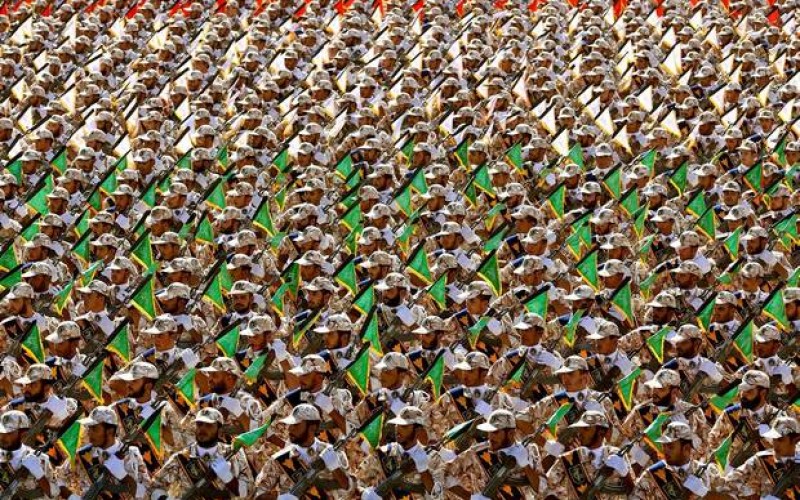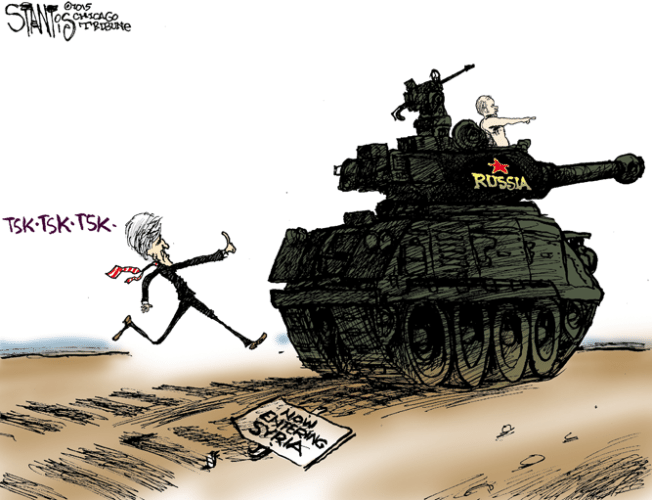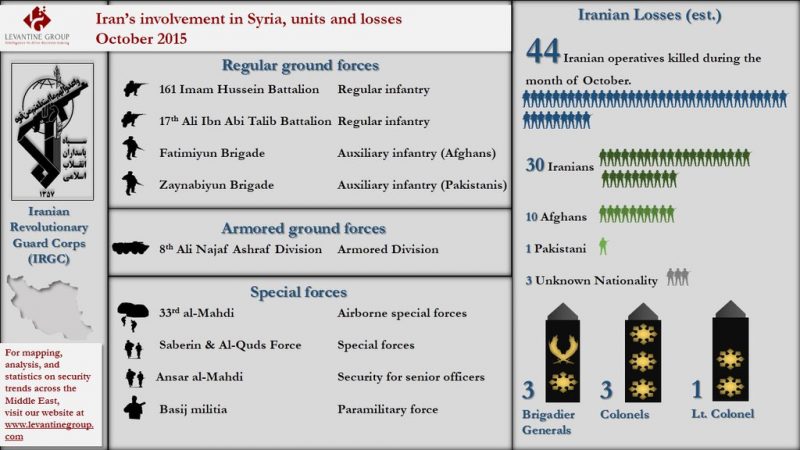Since the early 1980s, Iran has invested substantial political and economic capital into Syria. Tehran will continue to support the Assad regime, acting as a counter-point alongside Russia to the international community’s largely anti-Assad solutions for the Syria crisis.

It was announced last week that Iran would be invited to attend the upcoming peace talks in Vienna on the Syrian crisis, which took place among major powers from Oct. 30th to Oct. 31st. Iran’s Foreign Minister Javad Zarif attended the discussions, which ended without significant progress towards a solution to the crisis, as was anticipated.
The outcome of these talks was an agreement to work with the UN to “explore modalities for, and implementation of, a nationwide ceasefire” and a call for the UN to try to gather the Syrian government and opposition parties to initiate a “credible, inclusive, and non-sectarian” political process involving the writing of a new constitution and all-inclusive elections backed by the UN.
However, despite the very modest steps taken over the weekend, Iran’s involvement in this process is very significant on two fronts.
Inclusion of Iran signals greater interaction with West
Firstly, it is a clear acknowledgment by major powers of Iran’s status as an important player in the region and the first real evidence suggesting that the Joint Comprehensive Plan of Action (JCPOA)’s implementation will lead to increasing diplomatic interaction between Iran and the West. It also signals a potentially greater profile for Iran in the political and economic affairs of the region, more commensurate with its size and influence.
Secondly, it signals a more serious effort by the international community to resolve the Syrian crisis. This effort seems to have been prompted by Russia’s recent decision to become involved in the conflict militarily as well as by the adoption of the JCPOA by Iran and the P5+1.
 Russia’s military involvement forced the hand of Western powers by actively limiting their military freedom and by securing Assad’s position, so that it is no longer viable to wait for Assad to fall before taking active steps to counter violence and resolve the crisis.
Russia’s military involvement forced the hand of Western powers by actively limiting their military freedom and by securing Assad’s position, so that it is no longer viable to wait for Assad to fall before taking active steps to counter violence and resolve the crisis.
The adoption of the JCPOA means that Iran will soon be receiving billions of dollars in unfrozen assets and will therefore continue to have the capacity to support Assad (even if the majority of those funds are dedicated to supporting the domestic economy and infrastructure).
Analyzing Iran’s strategic interests in Syria
Iran’s presence at these talks creates a need to understand its position on Syria, the strength of its support for Assad, and the role it is likely to play over the coming months in negotiating an end to the crisis. Iran’s ideological support is tied back to Syria’s decision in 1982 to actively support Iran in the Iran-Iraq War by shutting down an Iraqi pipeline that ran through Syria.
This was followed by collaboration between Iran and Syria in the 1982 Lebanon War. The significance of the Iran-Iraq war continues to be felt culturally and economically in Iran, so Syria’s support during the conflict continues to carry weight.
Nevertheless, strategic and economic considerations will play a far greater role in Iranian policy during the crisis negotiations than positive sentiment resulting from their history of cooperation. The most significant pieces in Iranian foreign policy are Hezbollah together with Lebanon, and Iraq. These determine the weight of Iran’s strategic standing and are necessary for Tehran to project influence more widely in the region.
Both of these interests are aided significantly by Iran’s close relations with the Syrian government and its ability to influence policy and move arms, equipment, and people throughout the region with ease. With respect to Iraq, Syria provides a counter-balance in the primarily Sunni North-West where the population is less naturally inclined towards Iran.
Iran has played an active role in helping to organize and found charities, militias, and bureaucratic infrastructure in Syria. The IRGC has been particularly active in this area, with the head of the IRGC Qud’s force, Qasem Soleimani, having been seen on the ground in Syria at training sites and at meetings with government officials on several occasions.
Additional evidence of involvement came when recently a senior Iranian General was killed in Syria while helping to organize Assad’s forces.
Iran a major investor in Syria
Given the strategic importance of Syria it is of little surprise that Iran has invested heavily in Syria over the past decade. Since the beginning of the uprising in 2010 that investment has only increased, at a time when alliances with Turkey and Qatar fell apart due to opposition to Assad.
In addition to the three primary loans given to Syria since the uprising began (two for $1 billion, and a third for $3.6 billion) Iranian investment in Syria has been bolstered through government loans and contracts, as well as through bonyads (charitable funds–holding companies) and private company investments and partnerships.
In 2011, Iran secured an agreement to build a natural gas pipeline through Syria (and Iraq) in order for it to be able to reach European markets. In 2012 Syria cut off its power grid from Egypt, Jordan, and Turkey and signed an agreement to have. Furthermore, a free trade agreement was signed between the two countries in 2012
Protecting its investments in Syrian infrastructure, bureaucratic institutions, and militias while maintaining strategic influence in Syria will be of primary importance to Iran during the negotiations to end the crisis.
The best way for Iran to achieve its goals is for Assad to remain in power. Thus, Iran will back him until it becomes a risk to its investments to continue to do so.
However, Iran is not so tied to Assad that it would not cut him loose in order to gain future political advantage (i.e. if Iran thought it could control the outcome of Syrian elections) or to ensure that it would be able to maintain control over its investments in the country after any peace is concluded.
sourche: http://globalriskinsights.com/2015/11/irans-military-and-economic-investment-in-syria/

Δεν υπάρχουν σχόλια:
Δημοσίευση σχολίου